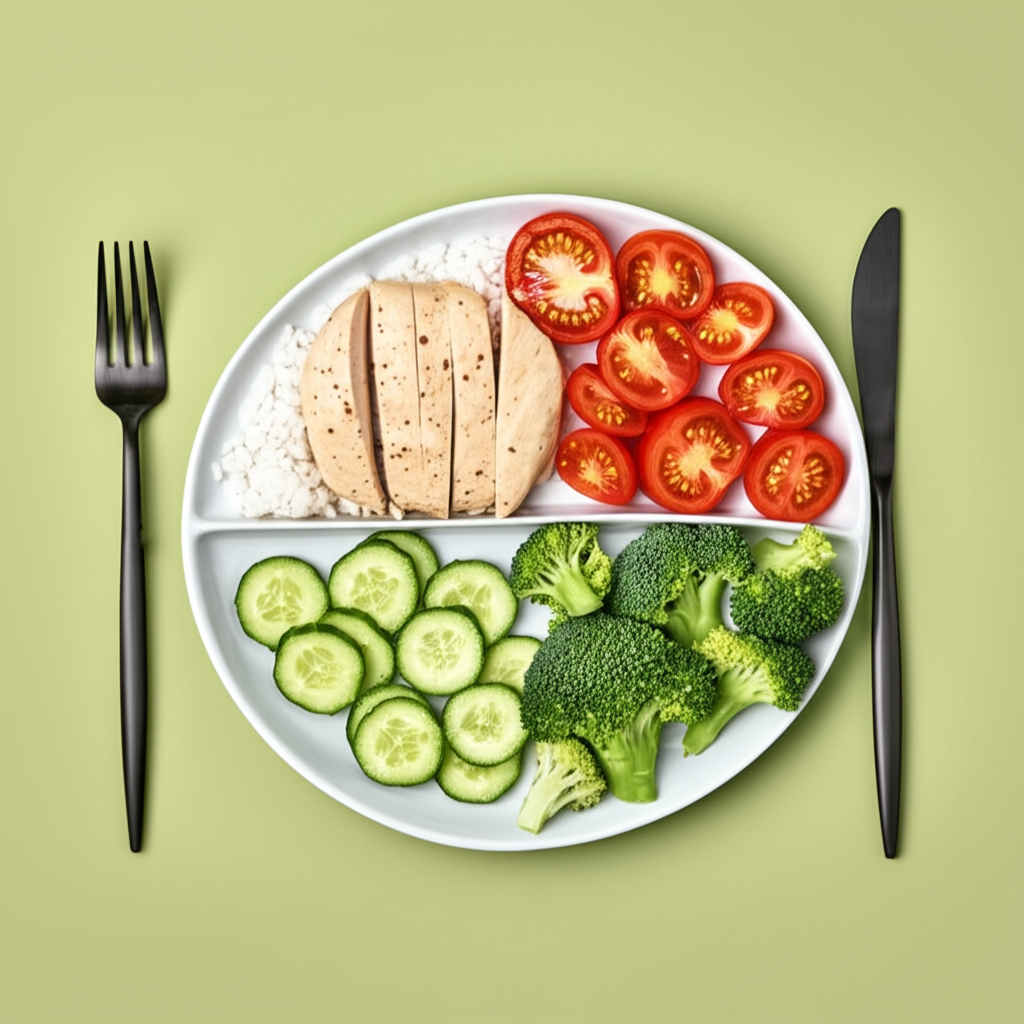The nervous system plays a crucial role in metabolism. Understanding the differences between a dominant passive nervous system and an excited nervous system is essential for optimizing diet and supplement choices. This knowledge can significantly impact achieving desired metabolic results.
Individuals with a passive nervous system often thrive on a diet rich in red meat and fats. Conversely, those with an excited nervous system tend to benefit from a more vegetarian-based diet, focusing on vegetables, white meats like chicken or turkey, and white fish, while limiting salt and fats. An overactive nervous system can disrupt energy production, leading to various health challenges.
One common issue associated with an over-excited nervous system is insomnia. Because it activates the fight-or-flight response, leading to poor sleep, difficulty falling asleep, waking up easily, and morning fatigue. Stress can also contribute to weight gain, particularly around the abdomen.

For individuals experiencing these symptoms—insomnia, depression, difficulty sleeping, and constant fatigue—vegetable juices may offer a natural remedy. Those with an excited nervous system often benefit from increased vegetable consumption. Incorporating vegetable juices into a diet, such as the 2×1 or 3×1 diet explained in Disolviendo Gorduras, can accelerate weight loss specifically for those with an excited nervous system.
To determine if an individual has a passive or excited nervous system, reference the número 199 for a simple assessment. The number of indicators (responses) can reveal the level of excitation present. If having indicators like how red meat affects you, how grease affects you, when you eat late if you can sleep well, when you eat late if you digest properly and when sleeping if any noise wakes you up or if you have a deep sleep, if you answer yes to one question, it means that you have a slightly excited nervous system. But if you answer yes to all 5 questions, it is a very excited system.
For an over-excited nervous system, vegetable juices can help calm the system, promoting weight loss, reducing inflammation, lowering blood pressure, improving sleep, and alleviating depression. Unlike fruit juices, which are high in fructose, vegetable juices provide essential nutrients without adverse effects. Suitable vegetables include carrots, cucumbers, broccoli, celery, radishes, spinach, asparagus, cilantro, ginger, and any green leafy vegetables.

Using a juice extractor separates the pulp, extracting nutrient-rich water from the vegetables. Drinking two glasses of vegetable juice daily can lead to remarkable improvements. It will lead to reducing inflammation, increasing energy, the body begins to urinate the salt, improving the bathroom, improving the skin, improving insomnia dramatically, everything improves. Vegetable juice is only recommended for individuals with an excited nervous system. Those with a passive nervous system may experience adverse effects from regular consumption. Therefore, it’s essential to recognize that a one-size-fits-all diet does not exist due to individual differences.



